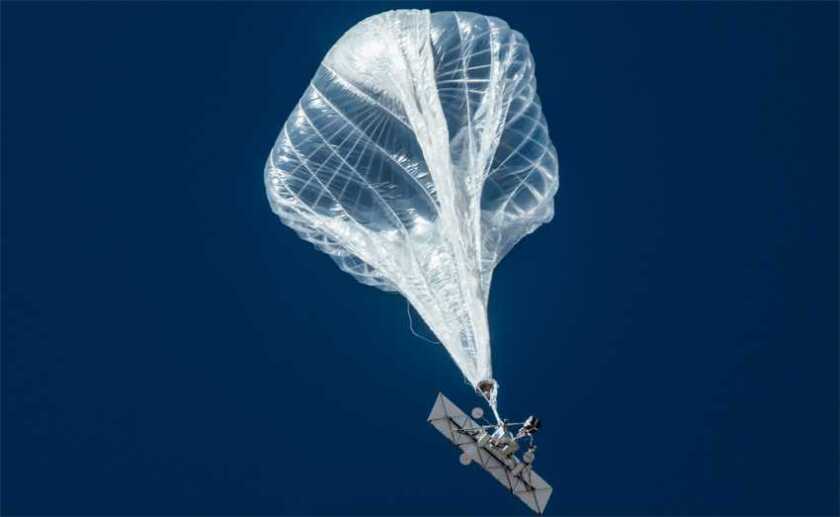The closedown follows the decision by Alphabet, the parent company of Google, to shut down its Loon project, a scheme to deliver rural broadband from 35 or more separate balloons.
Uhuru presided over the launch in July 2020 in the presence of Kenya’s information technology minister Joe Mucheru, with Telkom Kenya CEO Mugo Kibati.
Loon CEO Alastair Westgarthsaid this morning that “Loon will be winding down” because “we haven’t found a way to get the costs low enough to build a long-term, sustainable business”. He did not mention the effect on Telkom Kenya, or on Vodacom, which was also trying the technology.
Capacity has contacted Telkom Kenya to ask what the company’s plans will be to maintain rural coverage. The service had been tested with 35,000 coverage and the system showed downlink speeds of 18.9Mbps and uplink of 4.74Mbps, with a latency of 19ms.
A big problem is that the service is solar-powered, so does not work long after sunset. Operation was limited to 06:00 to 21:00 – a couple of hours after the sun goes down, when the batteries finally run dry.
Loon has had competition from SoftBank, whose HAPSMobile last year flew an uncrewed solar-powered aircraft 19km above New Mexico. Junichi Miyakawa, CTO of SoftBank and president and CEO of HAPSMobile, said at the time: “We once again moved one step closer to our goal of building a base station that floats in the sky solely on solar energy.”
Intriguingly, that trial was observed by Vint Cerf, Google’s chief internet evangelist, who said: “That floating, stratospheric base station connected a mobile phone to the internet where a four-way, high resolution video conference ensued. This technology holds great promise for the future of connectivity, especially as part of efforts to expand internet access to places that don’t yet have it.”
And, maybe, Cerf told his colleagues in Alphabet, underpowered balloons weren’t the way to go.
There’s also competition from a UK-based research company, Cambridge Consultants, which is working with Deutsche Telekom on a hydrogen-powered aircraft that can deliver 4G and 5G services. Just 60 aircraft would be needed to cover the UK or 67 for Germany, said Richard Deakin, CEO of Cambridge Consultants’ partner Stratospheric Platforms, in November 2020.






